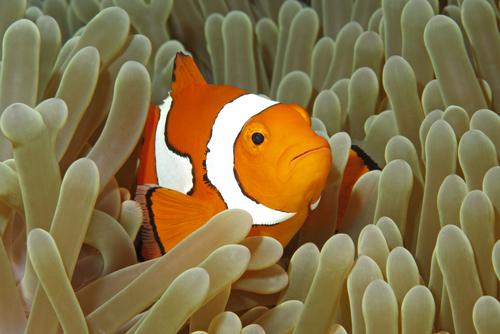- Home
- Play & Learn Home
- Online Enrichment
- Experience Modern Israel
- Israel It's Complicated
- Jewish and Me
- Jewish Holidays Jewish Values
- Jewish Values in Genesis and Jewish Values in Exodus
- Min Ha’aretz
- Our Place in the Universe
- Simply Seder
- The Prophets: Speaking Out for Justice
- Making T'filah Meaningful
- Make, Create, Celebrate
- Yom Haatzmaut Resources
- Hebrew Apps
- About The OLC
- What is the OLC?
- Introduction
- Get Started
- Resources
- OLC Content
- Parent Materials
- See My OLC Classes
- Store
Alex Orrelle: Animated Conversation
"Who is wise? One who learns from every person."
Pirkei Avot 4:1
Elastigirl, accompanied by two of her children, streaks through the sky in her jet, searching for her husband, Mr. Incredible. Suddenly, a missile roars toward her plane. The reluctant superhero grabs her kids and leaps out of the doomed aircraft. As they fall, her body morphs into a parachute, and the three float gently to the ground.
Alex Orrelle-an Israeli animator-drew these superhuman feats. His experiences as a student pilot in the Israel Defense Forces gave his drawings a dynamic realism. While working on The Incredibles, Alex says, "I was pinpointed as the go-to guy for anything that had to do with flying. I also animated the 'No Capes' scene where the superheroes get killed because they're wearing capes."
After working on Finding Nemo and the Monsters, Inc. DVD at Pixar Animation Studios, Alex decided to return to Israel. Today, he is the director and co-founder of Crew 972, a Tel Aviv-based animation studio. We met Alex in Israel and were curious to find out what draws him to his profession.
BABA: Shalom, Alex. How did you get started in animation?
ALEX: I've been drawing ever since I've been able to hold a pencil in my hands. When I was 6 years old, I went to see Bambi with my parents and was amazed when my mom told me that the movie was actually a series of drawings. It seemed incredibly laborious but fascinating at the same time.
BABA: How is animating people different from animating fish or toys?
ALEX: Animation is about believability. It's easier to convince an audience that inanimate objects are alive because people want to believe it; it's fun. On the other hand, even a willing audience will be disturbed if they see a human character on screen that doesn't look like what they're used to seeing
BABA: How does an animator capture a Godlike quality, such as compassion or love?
ALEX: Because I've felt those qualities before, I can use my memory to reproduce the poses and facial expressions that most clearly communicate these emotions. We also spend a lot of time in front of mirrors, like kids, making faces and acting things out.
BABA: Did being Jewish influence your career in any way?
ALEX: Being Jewish is an important part of my life. In fact, the idea of tikkun olam, repairing the world, is what many of my stories are about. I've even considered creating a Jewish superhero. But, over time, I've learned that capes, masks, and bulging muscles don't work for various reasons, mostly because I think there's already a heroic element in the Jewish psyche, a sense of quiet pride. We Jews don't need big pictures or big films to celebrate what heroes we are.
BABA:What have you learned about human beings from your work?
ALEX: I've learned that humans have weaknesses. For example, we have a hard time saying no to an exciting offer, or to promises of fortune. We struggle with greed and jealousy, and sometimes fall apart. But, we can pull ourselves together again. Relating this message about humans is a big responsibility, but it's also a lot of fun.
BABA:Why did you choose to return to Israel?
ALEX: I have three boys, and I always saw them growing up in Israel. This is how I know how to be Jewish: It's speaking Hebrew and living and working in Israel, and raising my kids there. That's my style.
BABA: Thanks, Alex. You're incredible!
Related Activity
0
The mirror scene from Duck Soup - the classic Marx Brothers routine similar to Me and My Image Heinz Dilemma


